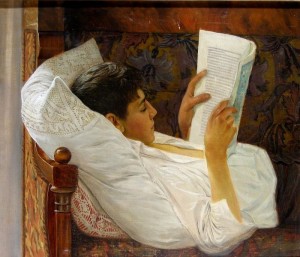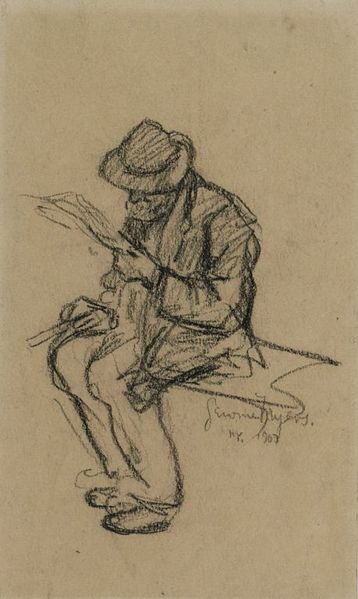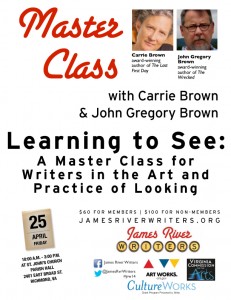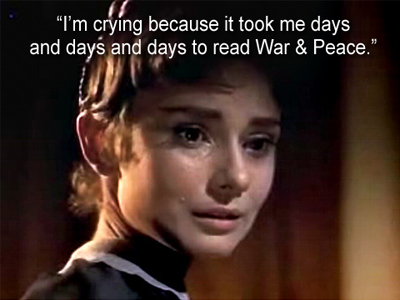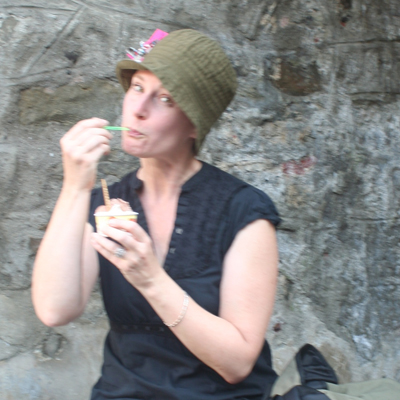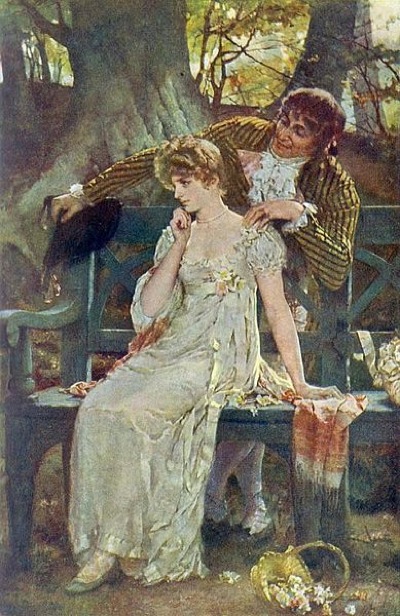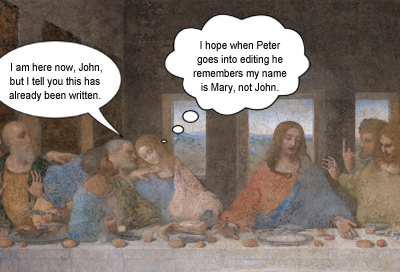I’m back for a final chat about men’s fiction with West Coast Don of MenReadingBooks.
Karen: It’s discussed on the website, The Art of Manliness, why men should read fiction. Another article from a couple years ago speculated why men weren’t reading novels anymore. Why should we, men and women, read men’s fiction? For compassion? For understanding? Why do you read fiction?
Don: It’s different for everyone. I really do read for fun. Given that I deal in real life human trauma, both emotional and the emotional impact of big physical traumas, I like stories in which there is usually a favorable outcome and where there is less ambiguity than in real life. “The Road” by Cormac McCarthy, was both unfavorable and ambiguous.
Karen: I know for me, some of the men’s fiction allows me a true escape into another life. They’re adventurous. Wilbur Smith and his tales of South Africa and elephant hunts for instance.
Don: It is the vicarious thrill of adventure, and yet these stories–this men’s fiction–can still include human drama.
Karen: In the end, regardless of genre, male or female-focused, what is it we all hope to find in well-written fiction?
Don: Real life stories. I know I’m constantly drawn to them. I think, in the end, we all like to hear and read real human stories.
. . . . . . . . . . . . . . .
If you missed our earlier discussions you can find Part I here, and Part II here.
If you’d like a comprehensive list of men’s fiction to read, The Art Of Manliness has that, as of course does MenReadingBooks. Please share your favorite titles, new and old that have been your best adventure stories in my comments below.
My favorite titles, written by men or women, include the following. I include them because of their history, great writing or context, and their ability to inform not only my intellect by my character. Are they men’s fiction? Perhaps. (Just not when I read them.)
The Sun Also Rises by Hemingway
The Courtney series by Wilbur Smith
Pope Joan by Donna Woolfolk Cross
The Historian by Elizabeth Kostova
The Laguna by Barbara Kingsolver
The Spanish Bow by Andromeda Romano-Lax
On the Road by Jack Kerouac
The Agony and the Ecstasy by Irving Stone
Sacré Bleu by Christopher Moore
Sherlock Holmes series by Arthur Conan Doyle
Journey to the Center of the Earth by Jules Verne
Shogun by James Clavell
The Odyssey by Homer
(Yes, I’ve actually read both of those last two. All. Of. The. Pages. Whew!)

